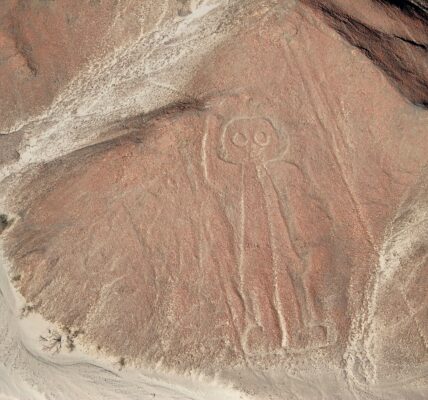Cultural anthropology is a subfield of anthropology that focuses on the study of human cultures and societies. Fieldwork is an essential component of cultural anthropology, as it allows anthropologists to immerse themselves in the culture they are studying and to gain an in-depth understanding of the beliefs, values, and practices of the people they are working with. In this article, we will explore some of the most common methods of fieldwork used in cultural anthropology.
Participant Observation
Participant observation is one of the most widely used methods of fieldwork in cultural anthropology. It involves immersing oneself in a particular cultural group or community for an extended period of time, with the goal of observing and participating in their daily activities. Through participant observation, anthropologists can gain a deeper understanding of the cultural practices, beliefs, and values of the people they are studying.
Interviews as Fieldwork
Interviews are another common method of fieldwork in cultural anthropology. Anthropologists may conduct formal or informal interviews with members of the community they are studying in order to gain a better understanding of their perspectives and experiences. Interviews can be conducted individually or in groups, and can be structured or unstructured.
Surveys
Surveys are another method that anthropologists may use to collect data during fieldwork. These typically involve asking a large number of people the same set of questions in order to gather quantitative data on a particular topic. Surveys may be conducted in person or online, depending on the needs of the study.
Focus Groups

Focus groups are a method of fieldwork that involves bringing together a group of people to discuss a particular topic or issue. Anthropologists may use focus groups to gather qualitative data on a particular topic, such as attitudes towards a particular cultural practice or belief. Focus groups are often used in conjunction with other methods of fieldwork, such as participant observation or interviews.
Document Analysis
Document analysis is a method of fieldwork that involves reviewing and analyzing documents related to the culture or society being studied. Documents may include historical records, government reports, newspapers, or other written materials. Anthropologists may use document analysis to gain a deeper understanding of the historical and cultural context of the community they are studying.
Ethnographic Mapping as Fieldwork
Ethnographic mapping is a method of fieldwork that involves creating maps of the community or cultural group being studied. Anthropologists may use ethnographic mapping to gain a better understanding of the spatial relationships between different aspects of the culture, such as the location of religious sites or the distribution of economic activity.
Fieldwork is a critical component of cultural anthropology, and there are many different methods that anthropologists may use to collect data during their research. Participant observation, interviews, surveys, focus groups, document analysis, and ethnographic mapping are all common methods of fieldwork that can provide valuable insights into the cultures and societies being studied. By using a combination of these methods, anthropologists can gain a comprehensive understanding of the beliefs, values, and practices of the people they are working with.



